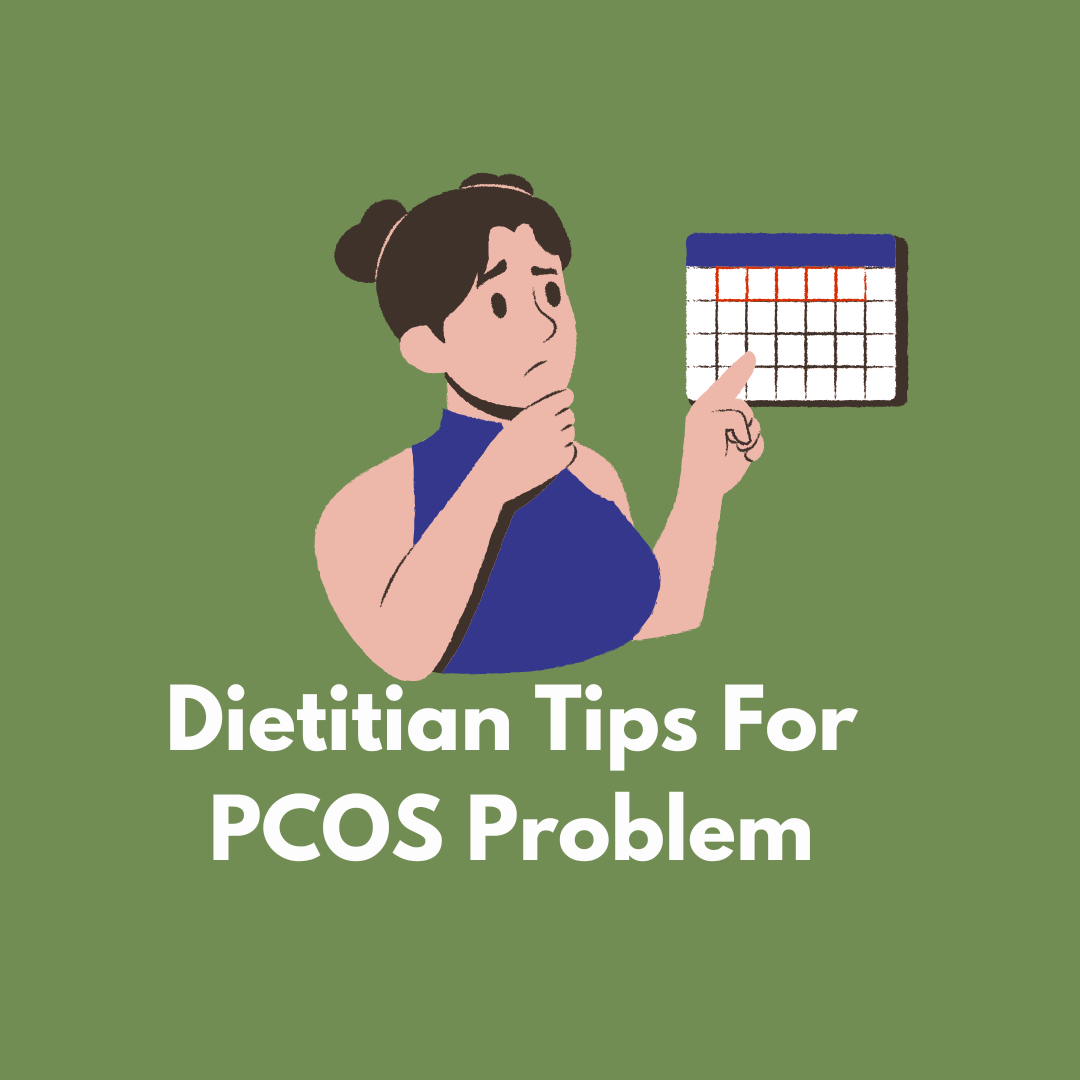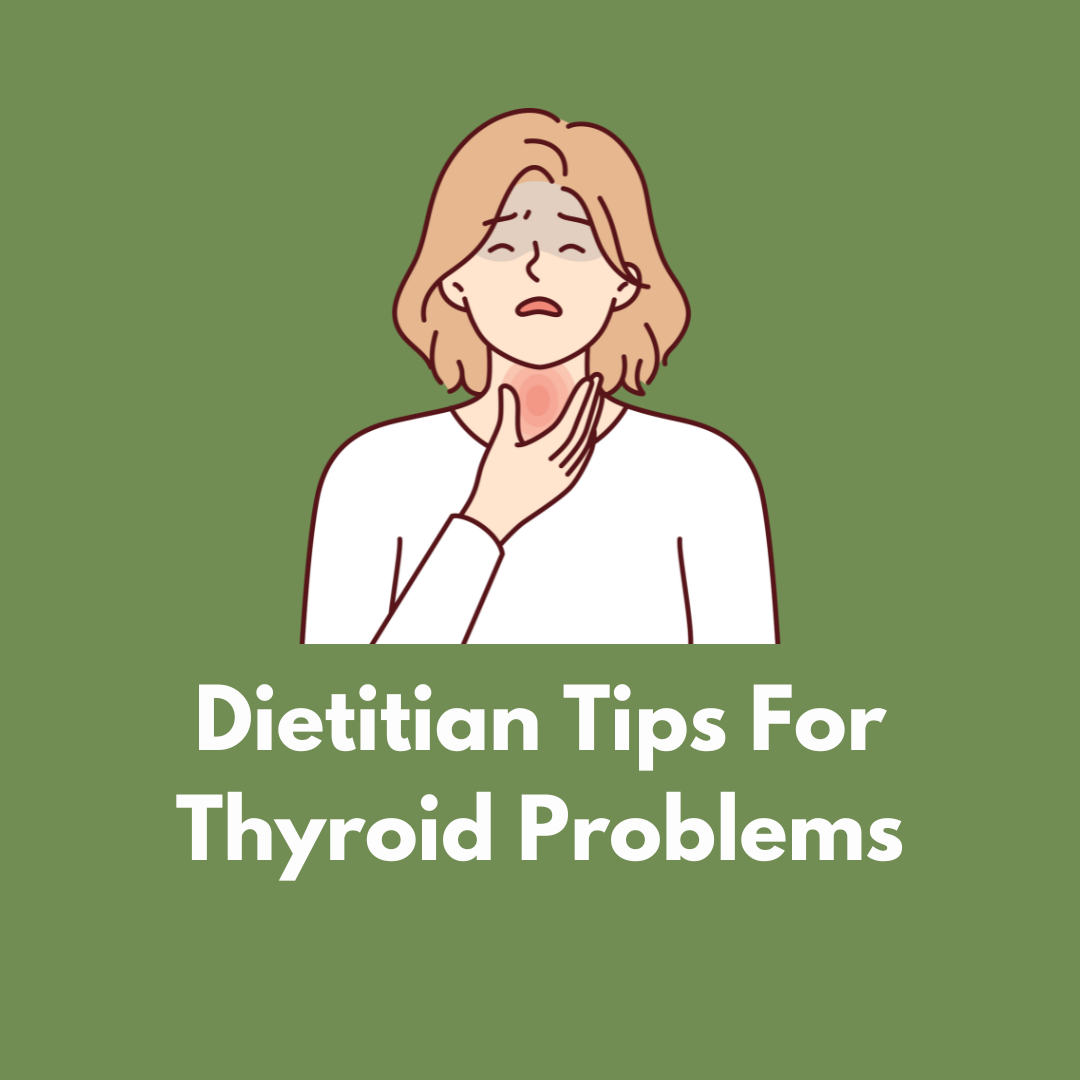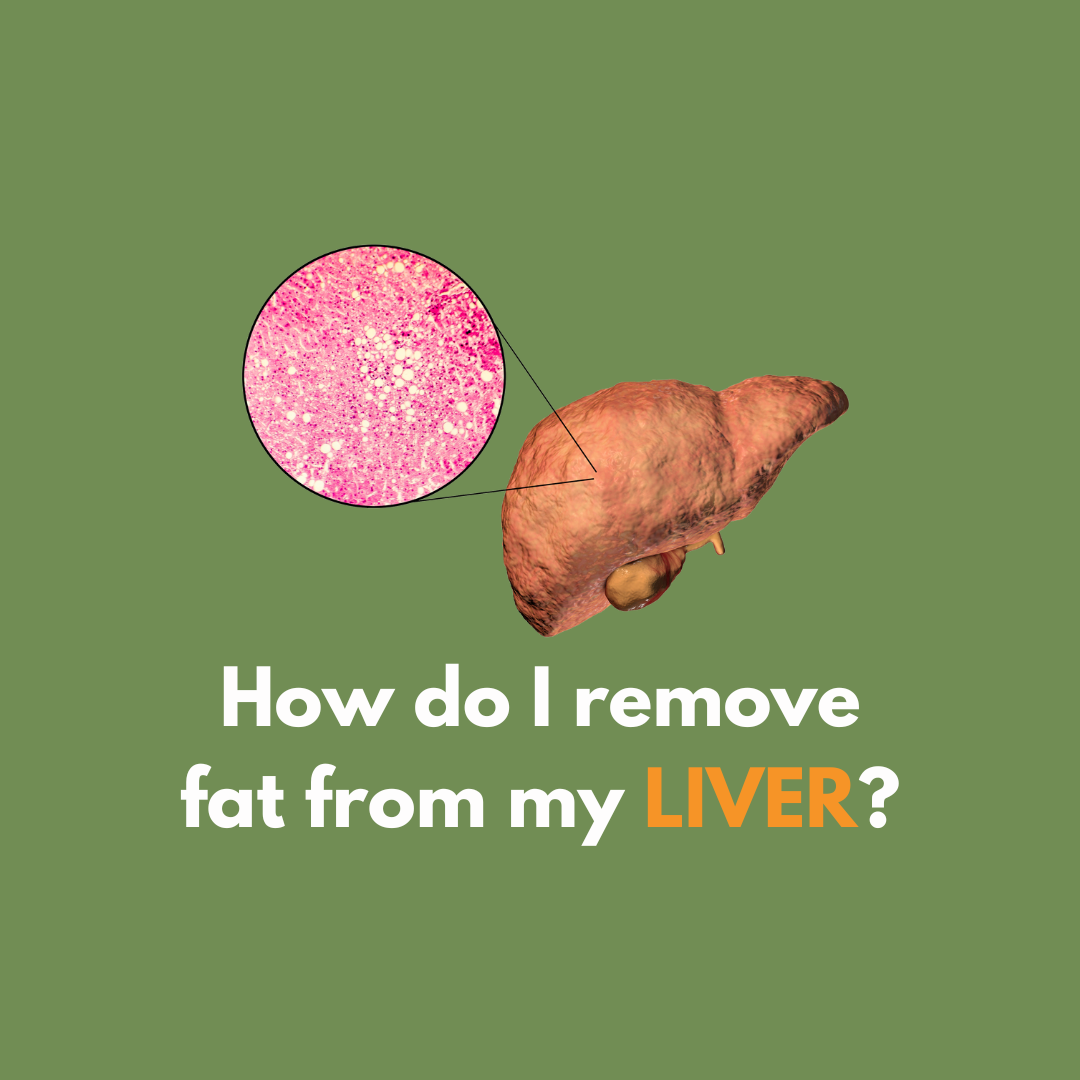Alcohol: Weighing risks and potential benefits
Moderate alcohol use has possible health benefits, but it’s not risk-free.
The latest dietary guidelines make it clear that no one should begin drinking alcohol or drink more often on the basis of potential health benefits. Indeed, for some people avoiding alcohol is the best course — the possible benefits don’t outweigh the risks.
On the other hand, if you’re a light to the moderate drinker and you’re healthy, you can probably continue as long as you do so responsibly.
If it seems confusing, that’s because the evidence about the possible health benefits of alcohol isn’t certain. Any potential benefits of alcohol are relatively small and may not apply to all individuals.
Here’s a closer look at alcohol and your health.
Defining moderate
Moderate alcohol use for healthy adults means up to one drink a day for women of all ages and men older than age 65, and up to two drinks a day for men age 65 and younger.
Examples of one drink include:
Beer: 12 fluid ounces (355 millilitres)
Wine: 5 fluid ounces (148 millilitres)
Distilled spirits (80 proof): 1.5 fluid ounces (44 millilitres)
Pros and cons of moderate alcohol use
Moderate alcohol consumption may provide some health benefits, such as:
Reducing your risk of developing and dying from heart disease
Possibly reducing your risk of ischemic stroke (when the arteries to your brain become narrowed or blocked, causing severely reduced blood flow)
Possibly reducing your risk of diabetes
While moderate alcohol use may be of benefit for individuals who have existing risk factors for heart disease, you can take other steps to improve your heart health besides drinking. For example, eating a healthy diet and being physically active have much greater health benefits and have been more extensively studied.
Keep in mind that even moderate alcohol use isn’t risk-free. For example, even light drinkers (those who have no more than one drink a day) have a tiny, but real, increased risk of some cancers, such as esophageal cancer. And drinking and driving is never a good idea.
Risks of heavy alcohol use
While moderate alcohol use may offer some health benefits, heavy drinking — including binge drinking — has no health benefits.
Heavy drinking is defined as more than three drinks on any day or more than seven drinks a week for women and for men older than age 65, and more than four drinks on any day or more than 14 drinks a week for men age 65 and younger.
Binge drinking is defined as four or more drinks within two hours for women and five or more drinks within two hours for men.
Excessive drinking can increase your risk of serious health problems, including:
Certain cancers, including breast cancer and cancers of the mouth, throat, esophagus and liver
Pancreatitis
Sudden death if you already have cardiovascular disease
Heart muscle damage (alcoholic cardiomyopathy) leading to heart failure
Stroke
High blood pressure
Liver disease
Suicide
Accidental serious injury or death
Brain damage and other problems in an unborn child
Alcohol withdrawal syndrome
When to avoid alcohol
In certain situations, the risks of alcohol may outweigh the possible health benefits. For example, check with your doctor about drinking if:
You’re pregnant or trying to become pregnant
You’ve been diagnosed with alcoholism or alcohol abuse, or you have a strong family history of alcoholism
You’ve had a hemorrhagic stroke (when a blood vessel in your brain leaks or ruptures)
You have liver or pancreatic disease
You have heart failure or you’ve been told you have a weak heart
You take prescription or over-the-counter medications that can interact with alcohol
Deciding about drinking
If you don’t drink alcohol, don’t start because of potential health benefits. However, if you drink a light to moderate amount and you’re healthy, you can probably continue as long as you drink responsibly. Be sure to check with your doctor about what’s right for your health and safety.
Recent headlines claim that a glass of wine or a pint of beer a day shortens your life. It’s enough to dampen any thoughts of a celebratory drink or two at Christmas. But those conclusions are based on a partial view of the alcohol debate.
No one disputes the fact that many people drink too much alcohol. The controversy centres on whether even low levels of consumption are safe. There is now good evidence that the risks versus benefits of alcohol are strongly influenced by the type of alcohol and the way it is drunk. Yet many studies have not included these factors when making recommendations about safe levels of alcohol consumption. So can you drink alcohol in a way that is safe or even beneficial?
The data seems to say “yes.” When drinking is spread out over the week, death from any cause is lower than when the same amount of alcohol is drunk on only one or two days of the week. The way alcohol is consumed matters because spikes in blood alcohol concentrations are far higher from binge drinking. Above a certain blood alcohol concentration, the body breaks down alcohol in ways that produce harmful molecules called free radicals that can damage the liver and are associated with an increased risk of cancer. But, unfortunately, many alcohol studies are based on the overall amount consumed in a week – they don’t distinguish between different drinking patterns.
Drinking with a meal also has a big influence on the health effects of alcohol because food slows the emptying of the stomach, which lowers the blood alcohol concentration. And when alcohol is consumed as part of a Mediterranean diet, it seems to carry far less cancer risk than most other ways of consuming alcohol.
This can be explained, at least in part, by nutrients that are present at high levels in the Mediterranean diet, such as folates, which reduce the carcinogenic effects of alcohol. It is now widely accepted that the health effects of an individual food or nutrient can only be evaluated within the context of the overall diet. But that understanding is sometimes lost when drawing up guidelines for alcohol consumption.
Drinking low amounts of wine is usually found to reduce the risk of early death more than not drinking or drinking other forms of alcohol. A unit of alcohol in wine drunk slowly with a meal results in lower blood alcohol concentrations than a unit of alcohol taken as a single swig of spirit on an empty stomach. It is not yet understood whether the benefits of drinking wine – and especially red wine – are due to this more leisurely way of drinking or to wine’s many antioxidants (substances believed to protect cells from damage).
Wine as medicine
Some public health experts strongly believe that to prevent harm from misuse, alcohol should be declared a drug of abuse. But, when taken in moderation, alcohol reduces cardiovascular disease, and possibly dementia. So it may be more appropriate to view alcohol as if it were a pharmaceutical drug.
It would be rather odd to be prescribed a course of medicine without it being made clear that only a few tablets should be taken each day – not all of them on a Friday night, which would turn a beneficial drug into an extremely harmful one. Similar precautions also need to be employed to benefit from alcohol.
Most nutrients, from saturated fats to many vitamins, have safe upper limits, and exceeding those limits can be harmful. These limits reflect the body’s capacity to safely metabolise the nutrient. The dose makes the poison
Of course, some people, such as pregnant women and people who produce high levels of the cancer-causing substance acetaldehyde when they metabolise alcohol, should avoid alcohol altogether. Binge drinking is also rightly condemned as harmful. But the current evidence suggests that for those who choose to drink, the benefits from moderate meal-time drinking (wine with a Mediterranean-style meal, preferably) outweigh the risks. Making a clear distinction between binge drinking and moderate meal-time drinking can help clear up the confusion and allow alcohol its appropriate place in a healthy lifestyle.



